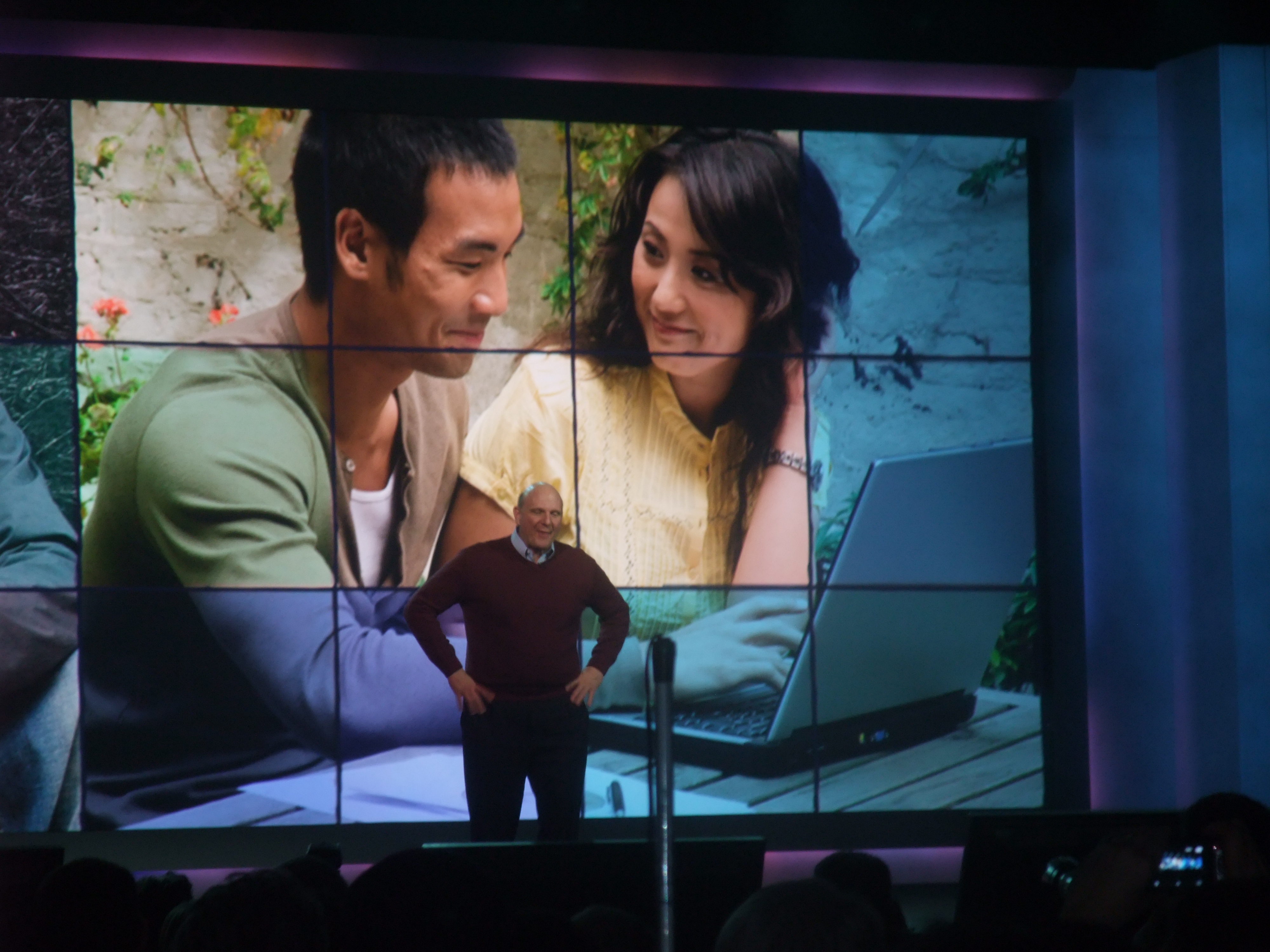Why Google Chrome OS is bad news for Windows
Fast, secure and free - what's not to like?

Somewhere in America, Steve Ballmer is chucking chairs and bellowing the C-word: Chrome.
Chrome is no longer just a browser: it's a heat-seeking missile heading straight for Microsoft's core business. If it's good, it could transform the PC industry; even if it's just Quite Good, it's going to be bad news for Windows.
Chrome OS is essentially Android for computers, an open source operating system that hooks you up to the cloud. It'll be faster than Windows, we're sure, and it won't suffer from the same problems of viruses and malware that plague Microsoft's platform. Of course it won't. It's Linux.
Google is bringing two things to the party: Google's expertise, and Google's brand. The latter is probably the most important. Linux's abject failure on netbooks isn't because Linux is bad; it's that the plethora of distributions is utterly confusing.
Google changes everything
Sticking the big G on top of Linux changes that. Most people don't know what a Debian is, or a Red Hat, or an Ubuntu, or a SUSE. But they know what a Google is, and they already use Google's stuff every day.
Targeting netbooks is a smart move, because they're selling like hotcakes. Right now, they're running an ancient OS in the form of Windows XP. That'll change in October when Windows 7 ships, but as Google's Sundar Pichal explains: "We're designing the OS to be fast and lightweight, to start up and get you onto the web in a few seconds."
Get daily insight, inspiration and deals in your inbox
Sign up for breaking news, reviews, opinion, top tech deals, and more.
Unless Microsoft has done something astonishing since the Release Candidate, Windows 7 doesn't do that.
What Pichal didn't say was equally important: Chrome won't cost firms money, whereas Windows 7 will. You can just imagine the scenes in PC World: "OK, that one's running Microsoft, and this one's running Google. Wow, it's pretty fast, isn't it? And it's a lot cheaper. You say it doesn't get viruses? Wow. Google one, please!"
Google Chrome OS on desktop PCs
Where things get really interesting is in the increasingly blurry line between netbooks and "real" computers. If Chrome is nippy on netbooks, it'll be even faster on fully-fledged PCs - and once again Google's brand could finally persuade average PC users to install a Linux OS rather than a Microsoft one.
It won't tempt the hardcore gamers or the video editors, but they aren't the mass market. Joe and Jane Punter do most of their stuff online, with the odd bit of media, photo uploading and document editing from time to time. You don't necessarily need Windows for that.
The big question isn't whether Google can make Chrome OS work: of course it can. It's whether the general public is ready to fully embrace cloud computing.
If Google can make the offline experience as good as the online one and get decent application developers on board, Chrome's future could be as shiny as the metal from which it takes its name.
-------------------------------------------------------------------------------------------------------
Liked this? Then check out Netbooks: The Linux Trojan Horse
Sign up for TechRadar's free Weird Week in Tech newsletter
Get the oddest tech stories of the week, plus the most popular news and reviews delivered straight to your inbox. Sign up at http://www.techradar.com/register
Writer, broadcaster, musician and kitchen gadget obsessive Carrie Marshall has been writing about tech since 1998, contributing sage advice and odd opinions to all kinds of magazines and websites as well as writing more than a dozen books. Her memoir, Carrie Kills A Man, is on sale now and her next book, about pop music, is out in 2025. She is the singer in Glaswegian rock band Unquiet Mind.
